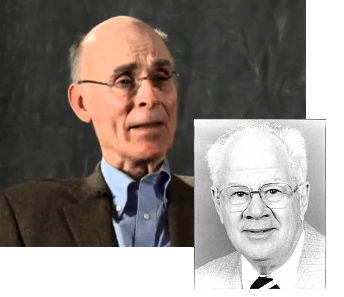Is Spirit baptism a separate concept from water baptism?

EDIT: I decided to repost this because I had cited Lewis Sperry Chafer on Romans 6:3, who said it spoke of Spirit baptism. I now think the passage refers to the ritual. The distinction remains valid, and I think the argument I present from Acts is conclusive.
What does the New Testament mean by the word “baptism”? It at least means a ritual involving water, but scriptures also seem to apply the word to an act of the Holy Spirit. Is the ritual performed by Christians also an act of the Holy Spirit in some sense? Or are these two different but related things?
Continue reading



